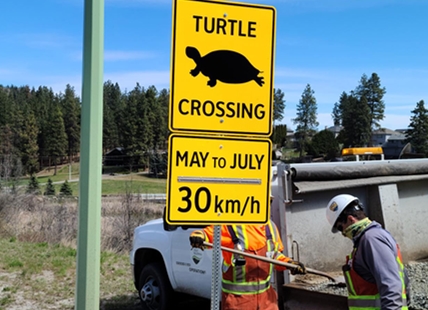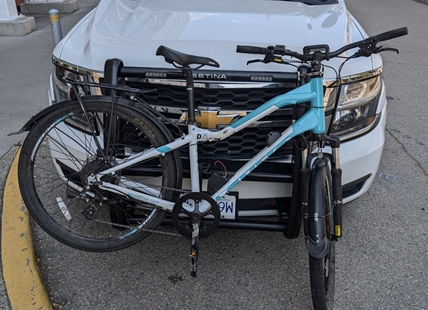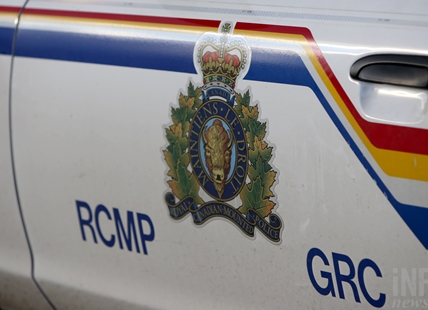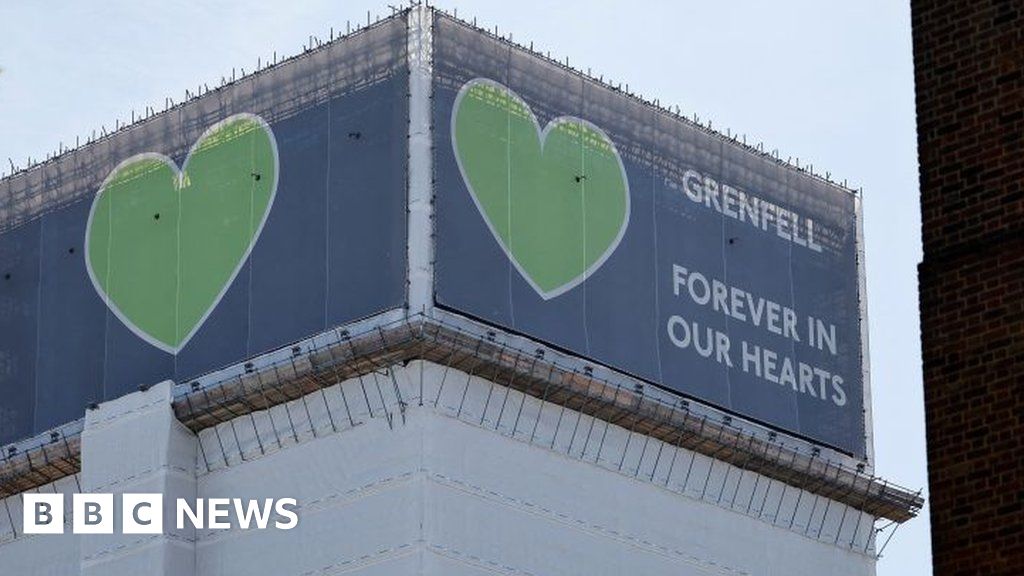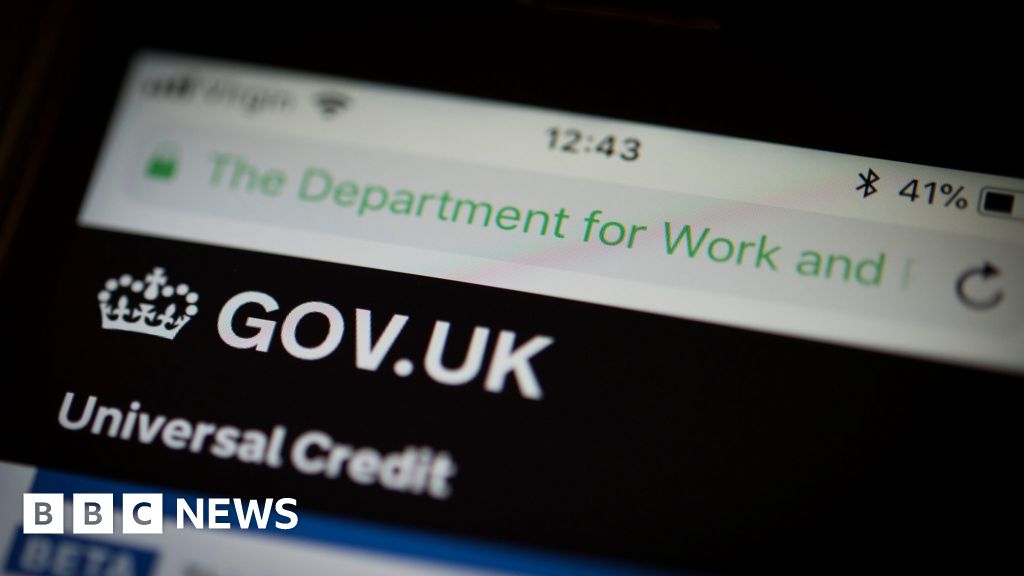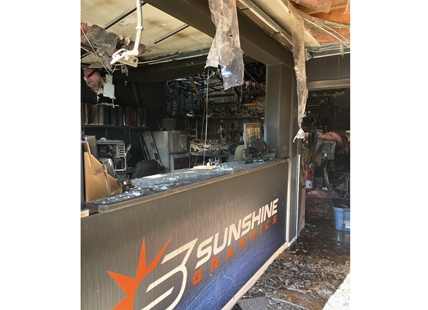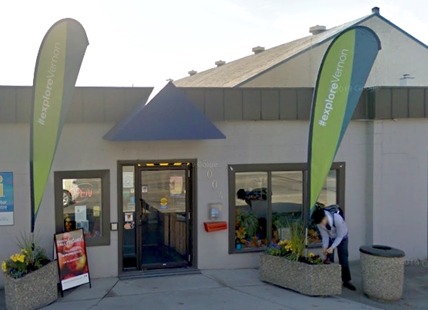Number of Central Okanagan residents paying spec tax jumps by almost 20%
In the first year after B.C.’s Speculation and Vacancy tax was introduced it seemed to be fulfilling its promise of cutting into the number of vacant homes in B.C. But, at least in the Central Okanagan, that very brief trend quickly reversed. The tax was first collected in 2018 with...

In the first year after B.C.’s Speculation and Vacancy tax was introduced it seemed to be fulfilling its promise of cutting into the number of vacant homes in B.C.
But, at least in the Central Okanagan, that very brief trend quickly reversed.
The tax was first collected in 2018 with 612 property owners paying it in Kelowna and West Kelowna, the only two interior cities where the tax is collected.
That fell to 548 in 2019, a drop of 10.5%.
But in 2020, the latest year for which data is available, the number jumped to 655, a 19.5% increase from last year and 7% higher than in 2018.
Over those three years, $11.4 million has been collected from the region, which is supposed to go back into housing for the area.
“Revenue from Speculation and Vacancy Tax goes directly back into the region through B.C. Housing and the Housing Priorities Initiative Fund,” states an email to iNFOnews.ca from the Ministry of Finance. “Affordable housing investments are broken down by region, not by municipality. In 2020/21, a total of $60.5 million was invested through B.C. Housing in affordable housing in the Central Okanagan.”
In B.C. the tax has generated more than $231 million in the three years it has been collected while the province has invested more than $2.8 billion in regions where the tax is collected, the email said. Most are in the Lower Mainland and on Vancouver Island.
In 2020, there was a total of 62,841 homes in Kelowna and West Kelowna, of which 655 (1%) paid the spec tax for a total of $2.8 million, or an average of $4,304 each.
Of those, 247 (38%) were B.C. residents and 275 (42%) were from other parts of Canada. Only 23 (3.5%) were listed as foreign owners. The rest were listed as others, mixed or satellite families (the latter term meaning they had a higher unreported income in Canada versus a reported income).
READ MORE: As the Central Okanagan grows, home speculation shrinks
The tax is 0.5% of assessed property value except, in 2019, another 2% was added on foreign owners.
“The tax is designed to discourage housing speculation and people from leaving homes vacant in B.C.’s major urban centres,” a Ministry of Finance website explained. “More than 99% of British Columbians are expected to be exempt from the tax.”
The full tax report can be seen here.
To contact a reporter for this story, email Rob Munro or call 250-808-0143 or email the editor. You can also submit photos, videos or news tips to the newsroom and be entered to win a monthly prize draw.
We welcome your comments and opinions on our stories but play nice. We won't censor or delete comments unless they contain off-topic statements or links, unnecessary vulgarity, false facts, spam or obviously fake profiles. If you have any concerns about what you see in comments, email the editor in the link above.

 Valandos
Valandos 







